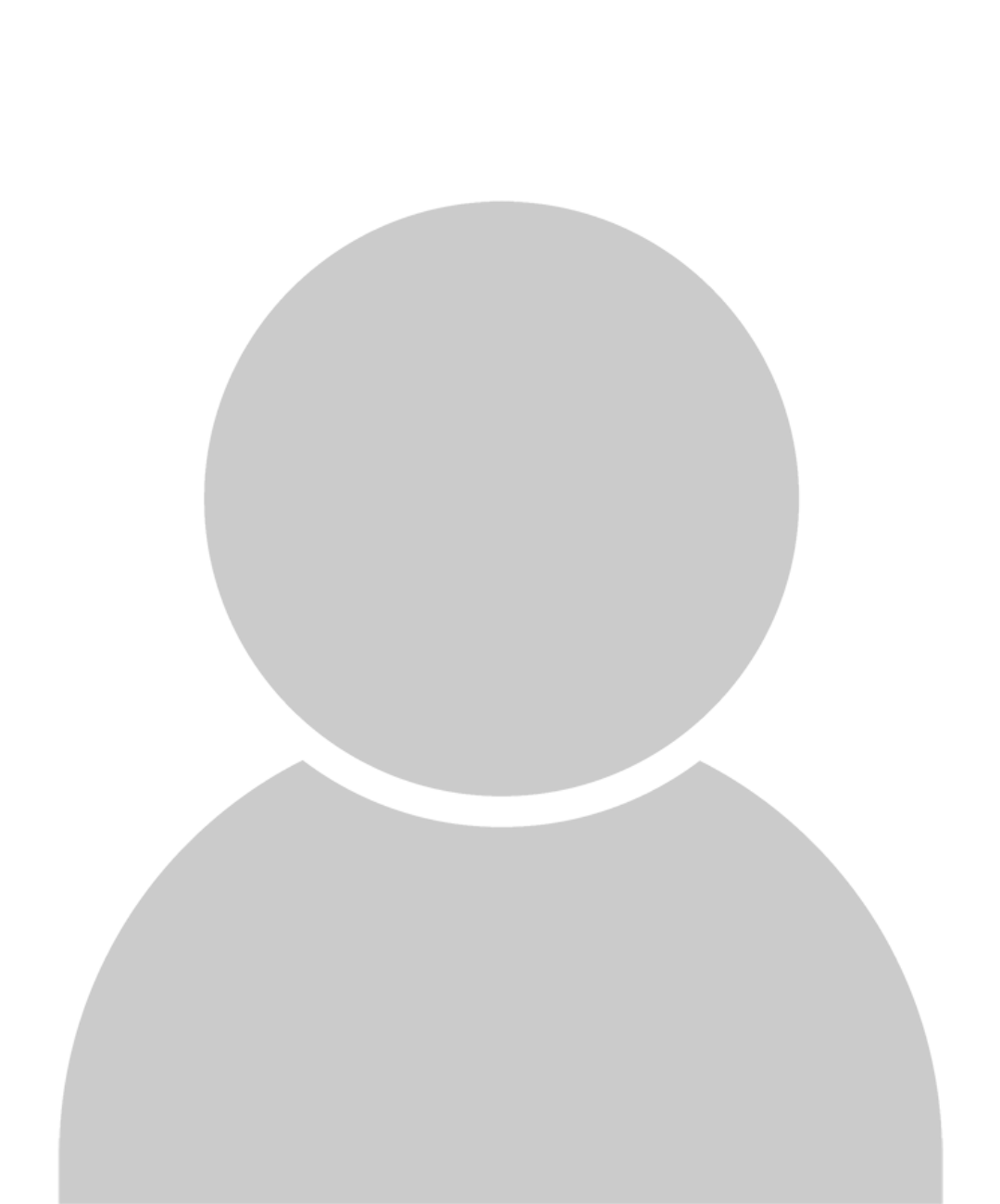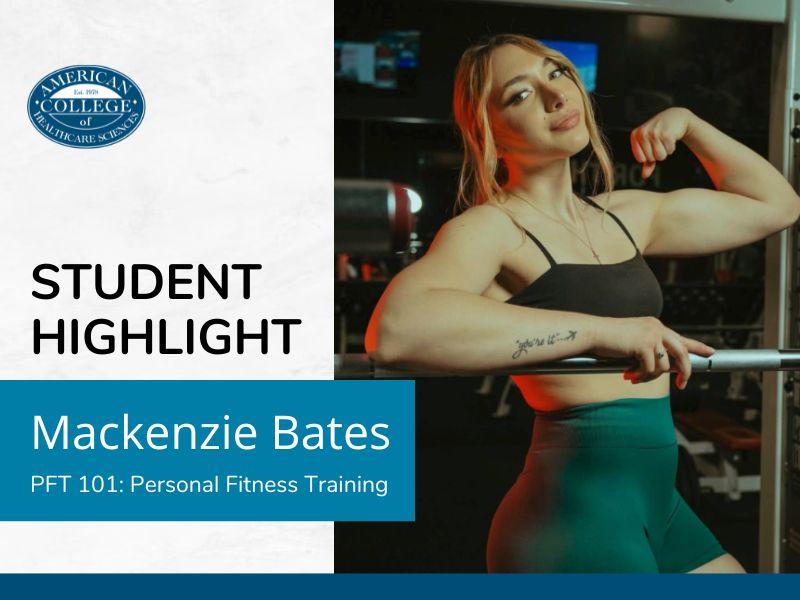How to Find Credible Complementary Alternative Medicine Heart Health Resources
Did you know February is American Heart Month? What better way to raise awareness on this important topic than to share a post on how to find credible complementary alternative medicine (CAM) heart health resources. There are many resources out there on the World Wide Web, some credible, others … not so much. How can you be certain a resource is one you can trust?
I talked about this in my previous post, “How to Find Credible Complementary Alternative Medicine Cancer Resources.” One method I especially like to evaluate the credibility of a source is the CRAAP Method. This method includes a list of guided questions to help you evaluate the information you have found on the web[1].
In addition to the CRAAP method questions, here are some additional questions to ask yourself regarding the credibility of a source:
- What is the top-level domain in the site’s domain name? Most top-level domains are credible. For example, government sites (.gov) and educational sites (.edu).
- Is the site owner an authoritative organization or person? Are you familiar with the owner of the site?
- Is the author credible? In general, you can determine the credibility of the author by their credentials.
- What is the rationale or bias for the site? A biased site is not a good site for research. Is the site clearly “taking a side”? Do there seem to be large omissions of information or is the content largely personal opinion?[2]
Below, I have included some examples of credible CAM resources that delve into heart health and hopefully will help with your personal or professional research:
1. Nutrition.gov – Heart Health
A USDA-sponsored website, Nutrition.gov offers credible information and services as a gateway to reliable information on eating healthy and nutrition. The content of this website is gathered by Registered Dietitians at the National Agricultural Library (NAL). The Heart Health section of Nutrition.gov provides links to informational sites on heart health including information on eating healthy, lowering blood pressure, and high blood cholesterol[3].
2. National Center for Complementary and Integrative Health (NCCIH) – Cardiovascular Disease
The National Center for Complementary and Integrative Health (NCCIH) is one of the leading agencies for scientific research on complementary alternative medicine[4]. NCCIH is one of the more popular sources recommended within my blogs, due to the nature of its content. For example, it provides a vast amount of CAM resources on health-related topics, including cardiovascular disease. The page specific to cardiovascular disease has resources for consumers and health professionals.
3. CAM on PubMed – Heart Health
CAM on PubMed is one of my favorite resources for research. It is a subset of the National Library of Medicine’s PubMed, which provides access to thousands of health science citations. All searches within this subset are automatically limited to CAM resources and all searches are free[5]. In the link provided above, I’ve conducted a search for CAM resources on heart health in PubMed from within the last five years. These resources are more research-heavy; however, feel free to explore what the site offers.
Are you inspired to learn more about CAM and heart health for personal health and wellness? Or maybe your goal is to take health and wellness courses so you can coach others about how to find credible information and make smart lifestyle choices. ACHS has several accredited, online programs in holistic nutrition, wellness coaching, herbal medicine, aromatherapy, and more.
This article is for informational purposes only. It is not intended to treat, diagnose, cure, or prevent disease. This article has not been reviewed by the FDA. Always consult with your primary care physician or naturopathic doctor before making any significant changes to your health and wellness routine.
Disclosure of Material Connection: I am an Online Instructional Design Librarian for American College of Healthcare Sciences, the Institution that publishes this blog. However, all opinions are my own. This blog may contain affiliate links. I am disclosing this in accordance with the Federal Trade Commission’s 16 CFR, Part 255: “Guides Concerning the Use of Endorsements and Testimonials in Advertising.”
References
[1] Meriam Library (2010, September 10). Evaluating information – applying the CRAAP method. Retrieved from https://www.csuchico.edu/lins/handouts/eval_websites.pdf
[2] ACHS (2017). Credibility [Online Lecture]. Retrieved from https://achs.instructure.com/courses/882/pages/credibility?module_item_id=96779
[3] Nutrition.gov (2018, January 29). Heart health. Retrieved from https://www.nutrition.gov/subject/nutrition-and-health-issues/heart-health
[4] NCCIH (2017, September 24). About NCCIH. Retrieved from https://nccih.nih.gov/about
[5] NCCIH (2017, September 24). About CAM on pubmed. Retrieved from https://nccih.nih.gov/research/camonpubmed




